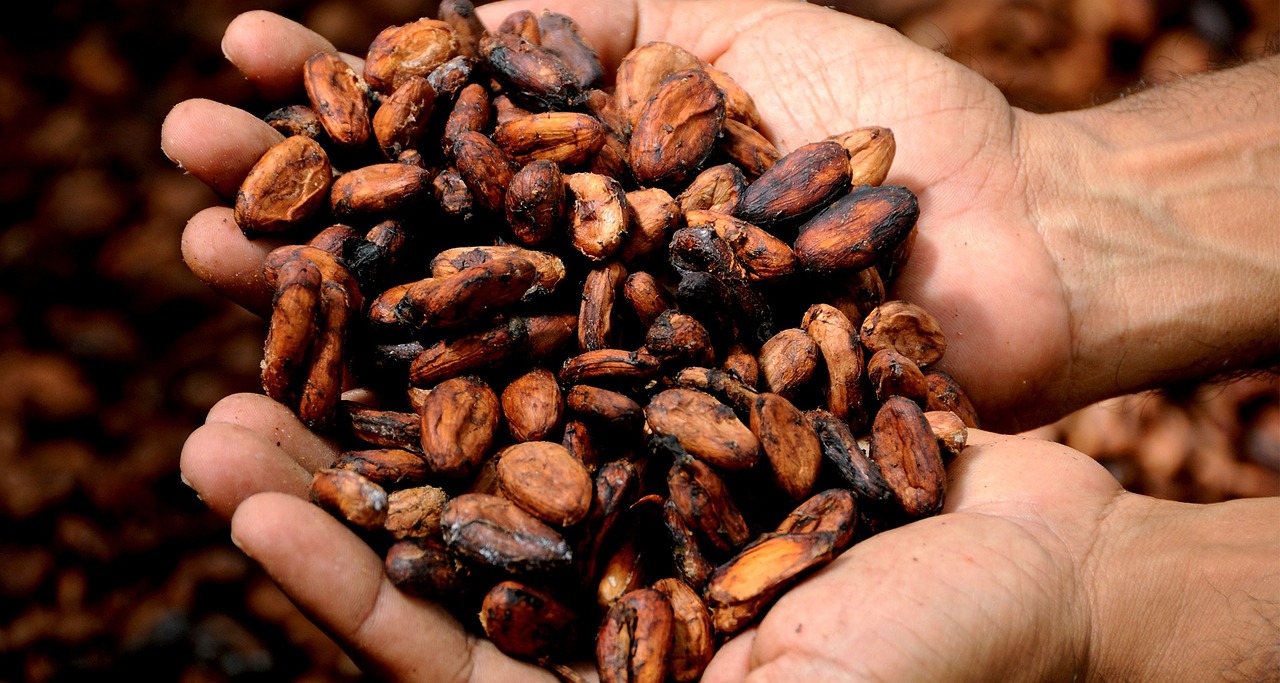Hezbollah fighters clashed with Israeli forces in Lebanon on Wednesday, marking the first reported ground battles since Israel escalated its campaign against the Iran-backed group. Israel’s military confirmed that infantry and armoured units were involved in operations in Lebanon, following an Iranian missile strike on Israel that raised fears of a wider regional conflict.
An Israeli commander was killed in Lebanon, and a Lebanese soldier was injured in an Israeli drone strike in the south, according to the Lebanese army. Violence on the Israeli-Lebanese border escalated, with Hezbollah claiming to have repelled Israeli forces near the town of Maroun el-Ras and launching rockets into Israel. Hezbollah’s media chief, Mohammad Afif, warned that these skirmishes were “just the first round” and stated that the group had enough fighters and supplies to continue fighting.

Israel has reinforced its operations in Lebanon with units from its 36th Division, including the Golani Brigade, indicating a shift beyond small-scale raids. However, the Israeli military insisted the focus remains on destroying border infrastructure, not launching a wider offensive into Beirut or major Lebanese cities.
Evacuation orders were issued for several towns near the southern Lebanese border, advising residents to move north of the Awali River. In response, Israel ramped up airstrikes on Hezbollah targets in southern Beirut, continuing a campaign that has killed nearly 1,900 people in Lebanon and injured over 9,000.
Iran braces for Israeli strikes
Iran, after launching its largest-ever attack on Israel, declared the assault over unless further provoked, while Israel and the United States vowed strong retaliation. Israel’s air defences, supported by the US, intercepted most of the Iranian missiles, Israeli Rear Admiral Daniel Hagari said on X (formerly Twitter).
Meanwhile, Iran claimed its missile strikes were in retaliation for Israeli attacks on militant leaders, including Hezbollah chief Hassan Nasrallah, and other targets in Lebanon and Gaza. The Iranian military warned that any Israeli response would trigger “vast destruction.” Concerns about further violence spread across social media, with many drawing comparisons to Iran’s brutal war with Iraq in the 1980s.
As tensions mount, global calls for restraint have grown. Italy’s Prime Minister Giorgia Meloni is hosting a Group of Seven (G7) leaders’ call to address the crisis. China urged global powers to prevent further escalation, while Saudi Arabia called for dialogue. Egypt condemned Israel’s actions in Lebanon, emphasising the need to respect Lebanese sovereignty.
Disclaimer: The copyright of this article belongs to the original author. Reposting this article is solely for the purpose of information dissemination and does not constitute any investment advice. If there is any infringement, please contact us immediately. We will make corrections or deletions as necessary. Thank you.







